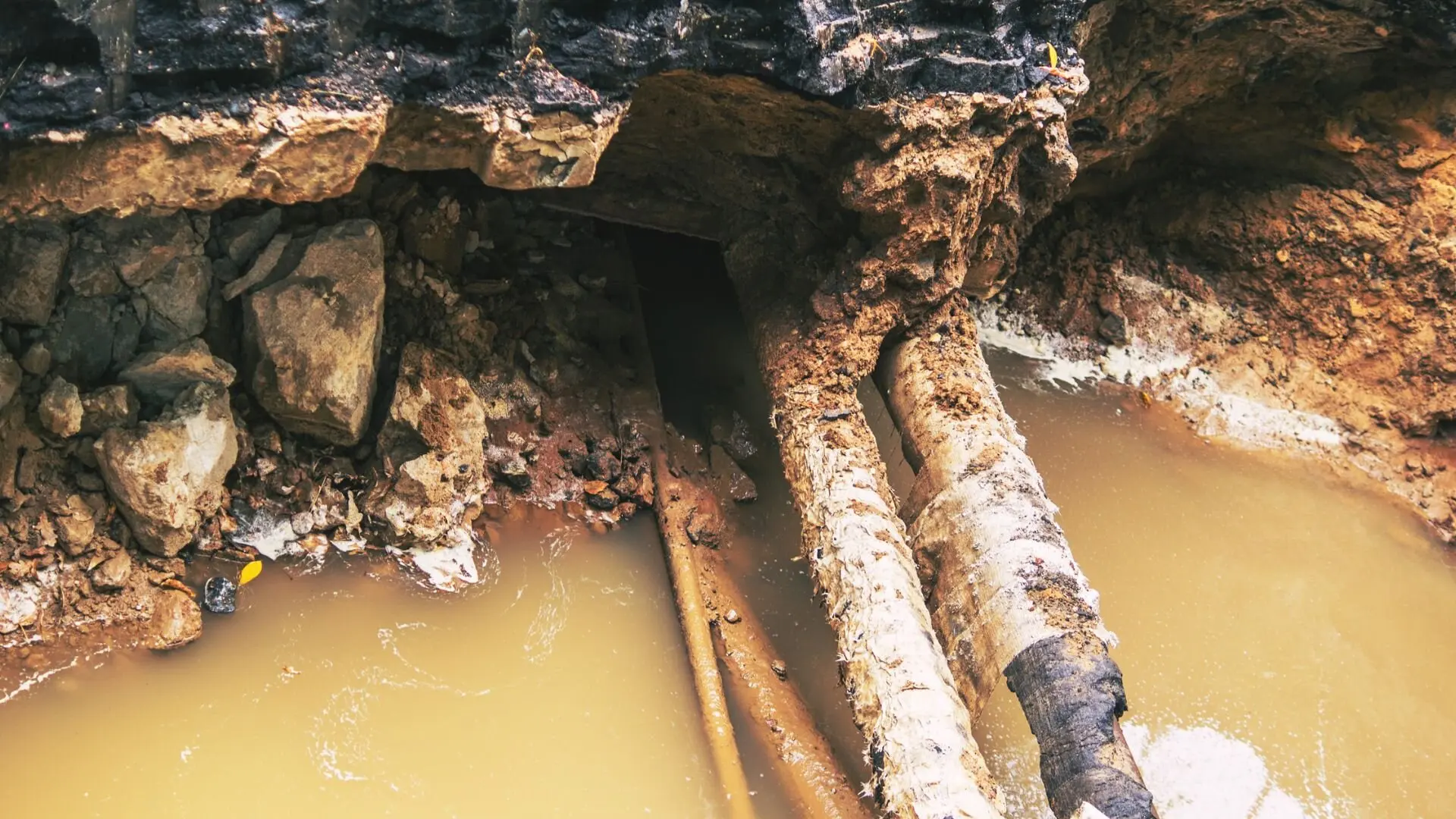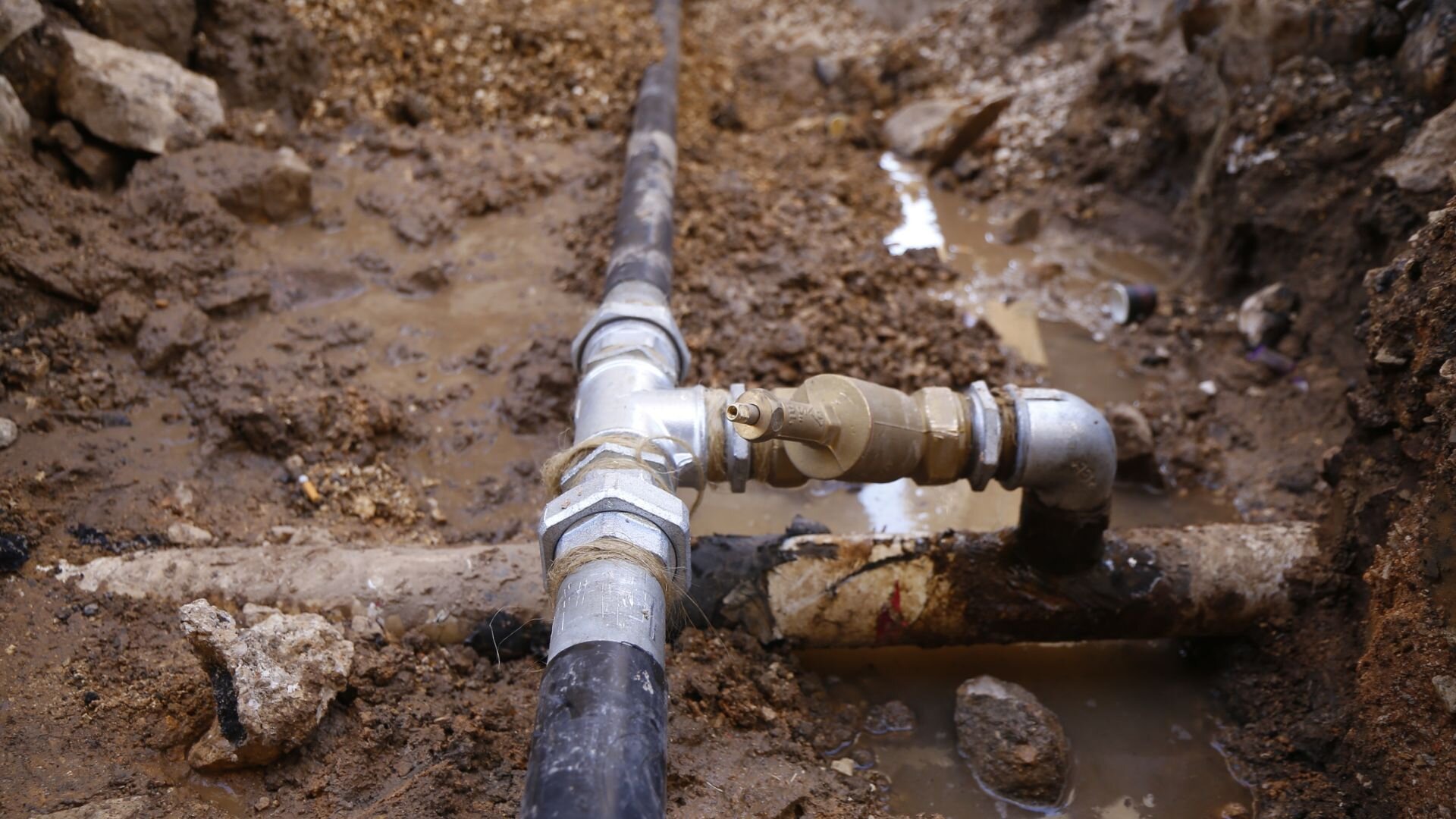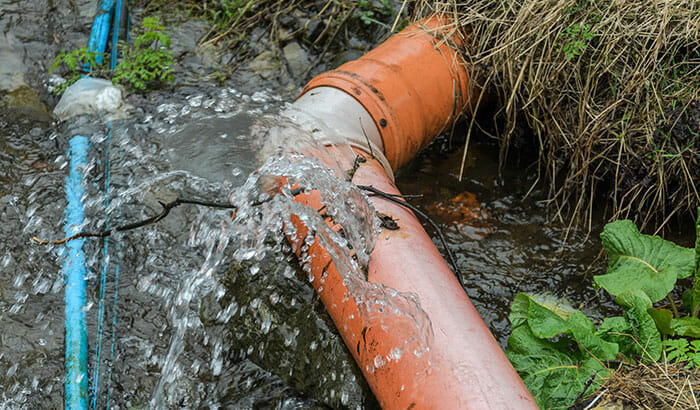Preventing a Burst Pipe: Tips for Protecting Your Plumbing During Winter
Preventing a Burst Pipe: Tips for Protecting Your Plumbing During Winter
Blog Article
Stopping Burst Water Lines: Necessary Tips to Shield Your Pipes
Preventing ruptured pipelines is a critical issue for property owners, specifically throughout chillier months when the threat of freezing is enhanced. Implementing strategic procedures such as appropriate insulation, routine evaluations, and preserving consistent indoor temperatures can dramatically lower the chance of pipe failing. Additionally, comprehending emergency situation treatments outfits property owners to react promptly to prospective plumbing concerns. Numerous are not aware of the certain vulnerabilities that their pipes may encounter. Exploring these susceptabilities can supply invaluable insights into safeguarding your pipes system effectively.
Understand Pipeline Vulnerabilities
Comprehending pipe susceptabilities is vital for reliable plumbing upkeep and avoiding costly damage. A number of aspects contribute to the vulnerability of pipelines to bursts, consisting of material composition, age, and ecological conditions. Older pipelines, particularly those made from galvanized steel or polybutylene, usually break down gradually, resulting in raised risk of leaks and tears.
Temperature variations can also dramatically impact pipeline integrity. In chillier climates, water entraped in pipelines can freeze, putting in and increasing pressure on the pipeline wall surfaces, which may eventually bring about a burst. High water pressure can stress pipelines, specifically at bends and joints, heightening the possibility of failing.

Insulate Piping Properly
Appropriate insulation of pipelines is critical for preventing cold and succeeding bursts during chilly climate (burst pipe). Insulating your plumbing system successfully safeguards versus temperature level drops that can cause costly damages. Begin by identifying susceptible areas where pipes are revealed to outdoor temperatures, such as basements, attics, and outside walls
Use foam pipe insulation sleeves or cover insulation tape around these locations to provide a safety obstacle. Make sure that all sections of the pipelines, particularly those with limited warm exposure, obtain adequate insulation. Pay special focus to joints and installations, as these are more at risk to cold.
When protecting, it's necessary to pick materials that satisfy regional building ordinance and are ideal for the particular environment. For circumstances, fiberglass insulation is usually advised for its thermal resistance residential or commercial properties - burst pipe. Additionally, consider making use of warm wires or tape in severe problems, which can be plugged in to supply extra heat
Consistently evaluate shielded pipelines for any signs of wear or damage, as endangered insulation can diminish its efficiency. By taking these proactive procedures, you dramatically reduce the risk of pipeline bursts, making sure a trustworthy pipes system throughout the winter season.
Maintain Constant Temperature
A steady indoor temperature level is vital for avoiding ruptured pipelines throughout the frigid months. When temperature levels decrease, water within pipes can freeze, broadening and producing stress that might ultimately cause the pipes to burst. To alleviate this threat, homeowners must keep a constant temperature level throughout their home, preferably no lower than 55 ° F(13 ° C)Utilizing a programmable thermostat can assist handle indoor temperatures properly, making sure that rooms with plumbing remain warm even when your house is unoccupied. Pay special interest to areas that are a lot more vulnerable to cool, such as attic rooms, basements, and garages. Maintaining cupboard doors open under sinks can also allow warmer air from the home to distribute around pipes.
This small circulation of water can prevent freezing by relieving pressure within the pipelines. By executing these methods, property discover this info here owners can substantially lower the danger of pipe ruptureds and secure their pipes systems versus the rough winter components.
Consistently Evaluate Pipes
Routine inspections of pipes systems are crucial for preventing ruptured pipes and keeping overall home stability. Routine checks enable house owners to identify possible concerns prior to they intensify right into pricey repair services or significant water damage. During these assessments, it is important to analyze visible pipelines for signs of deterioration, leakages, or wear. Pay special attention to areas susceptible to freezing, such as basements, attic rooms, and exterior walls.
In addition, evaluating joints and connections is essential, as these points are typically prone to leakages. wikipedia reference Home owners should additionally examine water stress degrees, as excessive pressure can stress the pipes system and boost the danger of pipe ruptureds.
Think about scheduling professional pipes evaluations a minimum of when a year, particularly before winter season, to guarantee your system is gotten ready for chillier temperatures. Regular evaluations not just help in determining prompt worries however additionally foster long-lasting maintenance techniques that can boost the life expectancy of your pipes system. By being aggressive in your method, you can protect your home against the expensive and turbulent repercussions of ruptured pipelines. Focusing on plumbing evaluations is a financial investment in your home's health and wellness.
Know Emergency Treatments
Understanding emergency situation treatments is essential for every home owner, specifically after conducting normal pipes examinations. Being prepared for a pipes emergency situation can significantly alleviate damages and conserve expenses. Find your major water shut-off valve; it is normally found near the water meter or where the major line enters your home. Familiarize on your own with its procedure, as turning off the water quickly can avoid comprehensive flooding.
Next, maintain important devices helpful. A pipes emergency situation package must consist of a wrench, bettor, and towels, along with a flashlight and a container for small leaks. Furthermore, consider having the call info for a relied on plumbing technician conveniently available, should the scenario escalate beyond your control.
If helpful site you find a leak or ruptured pipeline, quickly switch off the water and alert your plumber. Document the damage with photos for insurance objectives. Understand the indicators of prospective pipes problems, such as uncommon water pressure changes or damp places on wall surfaces
Eventually, positive knowledge and speedy action are important in taking care of plumbing emergency situations, ensuring your home continues to be safeguarded and reducing prospective damages.

Final Thought
To conclude, stopping ruptured pipelines demands a multifaceted strategy that includes understanding pipeline vulnerabilities, proper insulation, preserving regular interior temperatures, normal inspections, and knowledge of emergency procedures. By applying these essential techniques, the threat of pipes failings can be dramatically decreased, consequently making sure the longevity and performance of the plumbing system. Positive steps not only secure versus prospective damages but also contribute to overall water conservation and the protection of property.
In cooler environments, water entraped in pipes can ice up, applying and expanding stress on the pipeline wall surfaces, which may eventually lead to a ruptured. When temperature levels decline, water within pipelines can ice up, developing and increasing pressure that may inevitably create the pipes to burst. By implementing these techniques, house owners can dramatically reduce the threat of pipe bursts and safeguard their plumbing systems against the rough wintertime elements.

Report this page